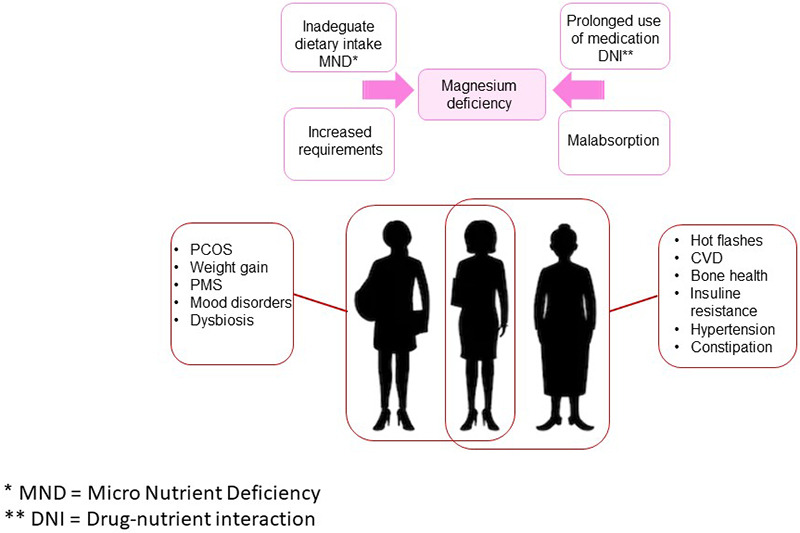In the 21st century, the incidence of preterm birth has continued to increase. According to statistics, preterm birth accounts for 5%–18% of all births worldwide, and 70%–75% of perinatal deaths are related to preterm birth. Preterm birth is not only a cardiopulmonary defect for the baby, but also has a negative impact on the mother's health.
There is an increasing interest in the link between ambient temperature and sexual crime in the context of climate change. However, existing studies are limited in evaluating the acute effect of temperature and rarely estimate the attributable burden. Here, we show that in seven large US cities, every 5 °C rise in daily mean temperature was associated with a 4.5 % [95 % confidence interval (CI): 2.8–6.3 %] increase in sex offenses in the following 0–8 days.
The inclusion of people with intellectual disability in cultural and civic activities is an important point for discussion, particularly in the context of supporting the social sustainability of our local communities and cities. In line with a human rights approach to disability and inclusion, local governments and community organisations are poised to play a pivotal role in the inclusion of people with intellectual disability.
Background: Understanding subnational variation in age-specific fertility rates (ASFRs) and total fertility rates (TFRs), and geographical clustering of high fertility and its determinants in low-income and middle-income countries, is increasingly needed for geographical targeting and prioritising of policy. We aimed to identify variation in fertility rates, to describe patterns of key selected fertility determinants in areas of high fertility.
Background: Although hindrances to the sexual and reproductive health of women are expected because of COVID-19, the actual effect of the pandemic on contraceptive use and unintended pregnancy risk in women, particularly in sub-Saharan Africa, remains largely unknown. We aimed to examine population-level changes in the need for and use of contraception by women during the COVID-19 pandemic, determine if these changes differed by sociodemographic characteristics, and compare observed changes during the COVID-19 pandemic with trends in the 2 preceding years.
Background: Genomic medicine has led to significant advancements in the prevention and treatment of cancer. The National Comprehensive Cancer Network (NCCN) guidelines recommend BRCA1/2 screening in high-risk individuals; however, the guidelines have not incorporated differences within ethnic cohorts beyond Ashkenazi Jewish ethnicity. We analyzed the prevalence of BRCA1/2 mutations in various ethnicities and identified high-risk personal characteristics and family history incorporating differences within ethnic cohorts beyond Ashkenazi Jewish ethnicity.
Magnesium is one of the most important micronutrients for the human body, is involved in many physiological pathways and is essential for the maintenance of normal cell and organ function. Magnesium deficiency in healthy individuals on a balanced diet is quite rare, but needs may change over the course of life. In women, in particular, there are various physiopathological conditions that may increase magnesium requirements, useful for both disease prevention and treatment. Indeed magnesium is well recognized in obstetrics and gynecology area.
United States and South Korean citizens’ interpretation and assessment of COVID-19 quantitative data
We investigate United States and South Korean citizens’ mathematical schemes and how these schemes supported or hindered their attempts to assess the severity of COVID-19. We selected web and media-based COVID-19 data representations that we hypothesized citizens would interpret differently depending on their mathematical schemes. We included items that we conjectured would be easier or more difficult to interpret with schemes that prior research had reported were more or less productive, respectively.

